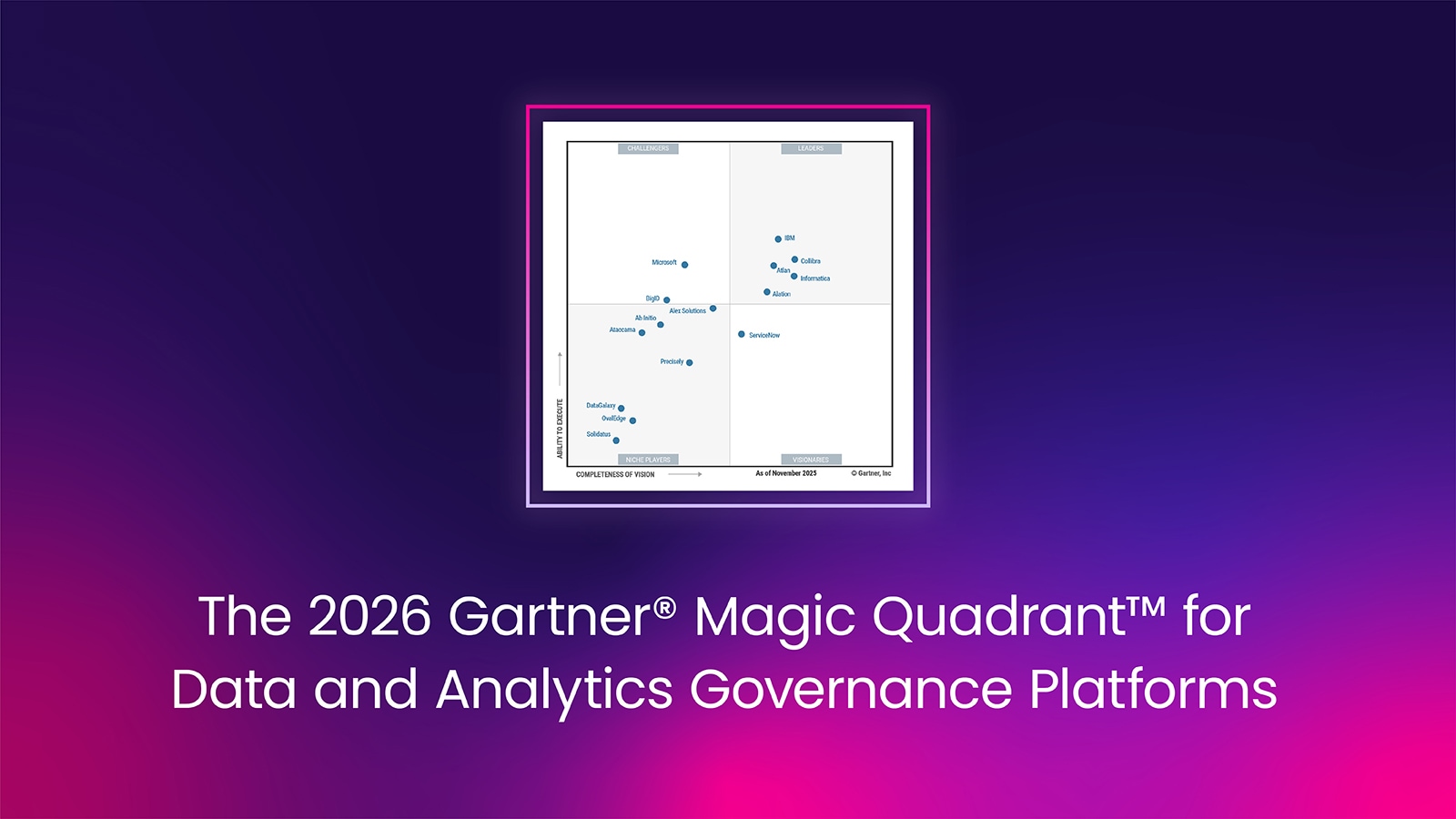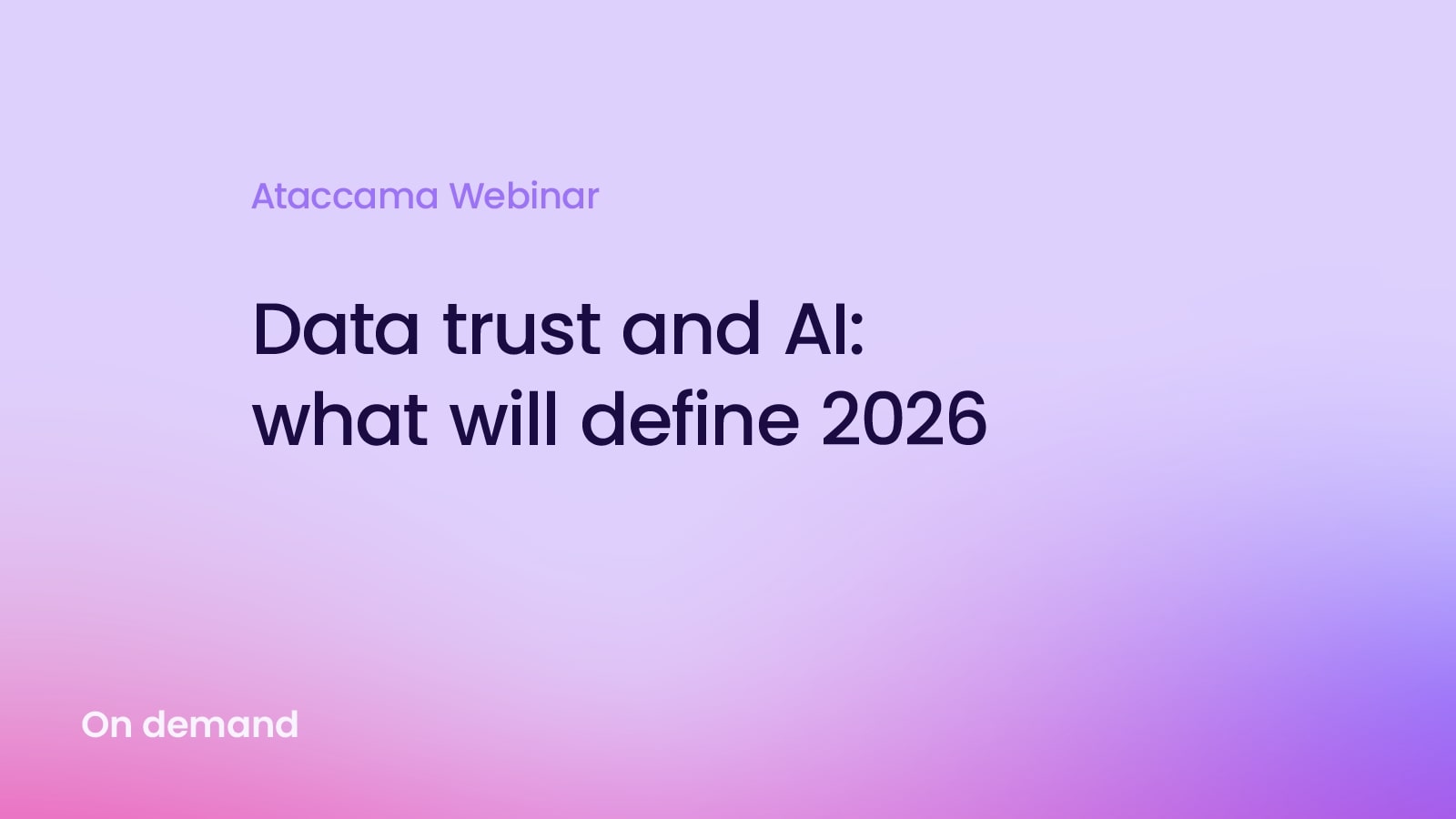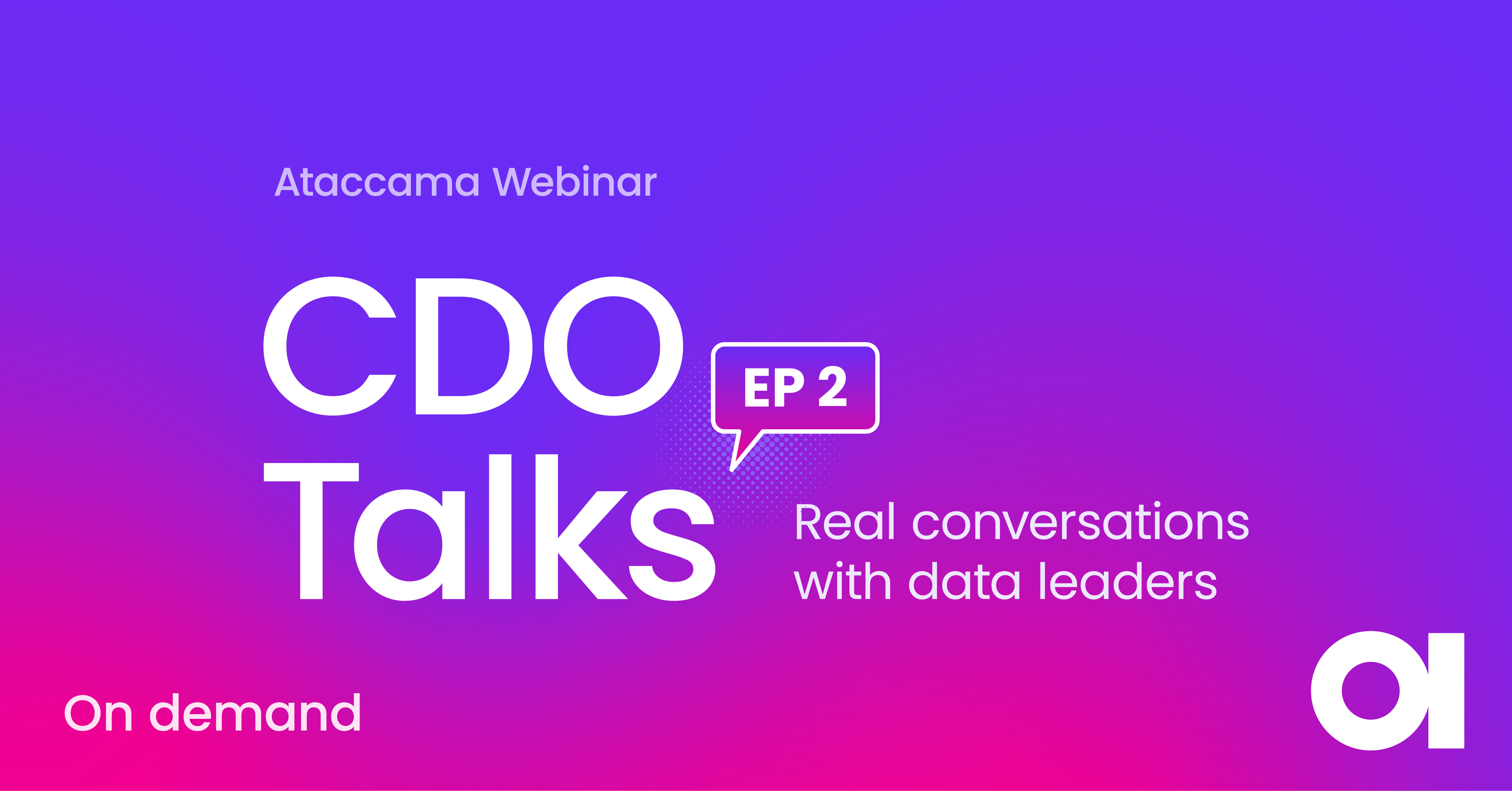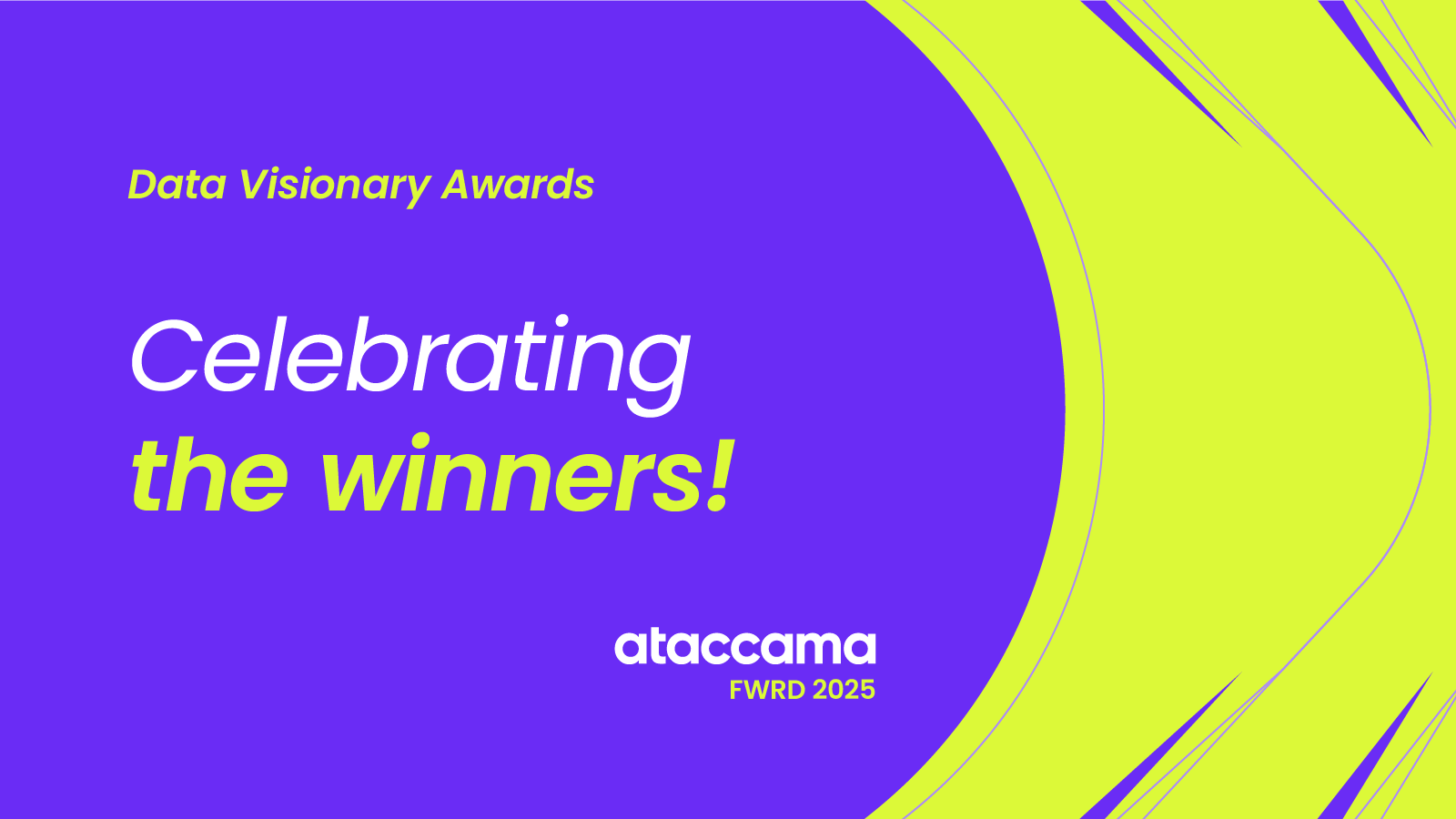Data governance best practices and strategies

Unraveling the mystery of master data governance
Master data management (MDM) is vital for companies with large volumes of valuable data. It consolidates disparate records, providing a singular, reliable view of your most critical data assets.
However, like all data management processes, a master data management initiative’s success will rely heavily on the quality and structure of the people, practices, technology, and guidelines you set up around it. This is called data governance.
For master data management, effective data governance is especially important. MDM often deals with your most sensitive and valuable data assets. So, having the best guidelines in place is essential for ensuring it is appropriately handled by the right people – and in the proper manner.
This blog will discuss master data governance best practices and how to implement data governance initiatives throughout your organization.
What is master data governance, and why is it important?
Master data governance refers to the data management practices and protocols you set up around your master data management program. In other words, it includes any information your company needs to govern its master data effectively.
Data of this nature can often be sensitive (i.e., customer data). Having carefully curated rules for its management and handling can mean the difference between valuable insights and hefty fines from compliance organizations.
What are the challenges of master data governance?
While it’s important for businesses to practice the right data governance best practices, it’s important to understand the challenges that can come up creating roadblocks.
- Data quality issues. Data quality issues can stop progress and slow developments enterprise-wide. You must use MDM and DQ tools to mitigate these issues, maintain high data integrity, and then keep them in mind (how they occurred) when setting up governance principles.
- Siloed data. One of the best parts about MDM is eliminating data siloes so everyone at the organization who needs to can access this data. Data governance tools and principles should bolster this process by encouraging communication and collaboration between data teams.
- Compliance regulations. Depending on your location, you might have compliance protocols to uphold, such as the GDPR for European organizations. Your data governance best practices must adhere to these external regulations as well ensuring compliance requirements are upheld.
- Lack of stakeholder alignment. It’s hard to get anything done without support from decision-makers. Make sure everyone understands the value of MDM and having it governed effectively.
If these challenges aren’t addressed and you end up with a poorly thought-out or ad-hoc master data governance program, your company and its data could suffer the consequences. Inadequately handled master data governance can lead to using poor quality data in vulnerable and valuable places and uninformed or misguided decision-making.
5 data governance best practices for effective master data governance
To mitigate these challenges and become more effective with your master data governance, check out our data governance best practices below.
- Establish clear data governance policies and procedures. Your data governance framework is only valuable if your organization knows and adheres to them. Put the policies in an easily accessible place and invest time and effort into educating coworkers.
- Implementing data quality management processes. As data quality is essential for MDM, you will need the best data quality tools (observability, automation, cleansing, etc) at your disposal to ensure proactive and reactive high data quality throughout all your systems.
- Adopting data stewardship roles and responsibilities. A data steward is one of the most influential people on any master data governance team. They take responsibility for the data and ensure it follows the governance guidelines.
- Automation and scalability. As your organization grows, you must streamline many data management processes to accommodate larger volumes of data. Invest in a solution that uses AI and machine learning to expedite manual processes.
- Encourage collaboration between business users and IT stakeholders. Sometimes, it may seem that these two parties speak different languages. However, they must collaborate to ensure business processes are represented in tech governance and vice versa.
4 data governance strategies for successful implementation
Now that we’ve discussed the top data governance best practices you should have in place, we’ll cover the strategies on how to successfully implement a data governance framework below.
- Create a roadmap for master data governance implementation. Your journey will take place in several phases. It’s important to outline those phases and the involved parties so everyone knows what to do and takes the necessary responsibility for each part of the process.
- Develop a robust framework tailored to organizational needs. Every business is different and handles different data differently. It’s your job to identify what makes your organization’s MDM process unique and engineer governance protocols around it.
- Leverage data governance tools and platforms. There’s no need to start from scratch. Employing an all-in-one data quality solution like Ataccama ONE can help you hit the ground running with master data governance.
- Integrating master data governance with broader data management initiatives. Once you are confident in your master data governance strategies, you can connect them to your other data management tools and processes, creating a seamless data ecosystem.
Real-world example and case study
If you’re still unsure how this applies to the real world, we have created the following example to demonstrate what master data governance looks like, how it works, and what we can learn from it.
Description:
A multinational retail corporation implemented master data governance to ensure the accuracy and consistency of product information across various departments and systems. The master data included product descriptions, categories, prices, and supplier details.
Challenges faced:
- Data Silos. The organization had multiple departments handling product data, leading to data silos and inconsistencies.
- Legacy Systems. Legacy systems lacked standardized data management processes, making it challenging to maintain data quality and consistency.
- Data Ownership. Clarifying data ownership and accountability was difficult, leading to confusion about who was responsible for managing and governing the master data.
- Complexity of Data. Product data was complex, with different attributes and variations for each product, making it challenging to define and enforce consistent data standards.
Lessons learned:
- Standardized Processes. Helped improve data quality and consistency. This included defining data standards, workflows, and approval processes.
- Data Integration. Facilitated seamless data sharing and synchronization across systems and departments. This reduced data silos and improved data accessibility.
- Continuous Monitoring and Improvement. Helped identify and address data quality issues proactively. Regular audits and reviews of master data ensured ongoing compliance with governance policies.
By addressing these challenges and applying the lessons learned, the organization established effective master data governance best practices, improving data quality, consistency, and reliability across the enterprise.
Future trends and considerations
As we conclude this article, let’s look towards the future to see what we can expect in the master data governance industry for years.
New technologies are emerging, such as:
- AI and machine learning-driven governance
- Blockchain for data integrity
- Cloud-based governance solutions
These technologies are making master data governance more accessible and available to a broader range of organizations, expanding the user profile of people who can work with data and augmenting solutions for data-mature businesses. However, they also necessitate more robust and complex governance processes.
If you need help implementing your master data governance software, don’t hesitate to contact us! We have been building data management solutions for decades, specializing in DQ, MDM, RDM, and much more. Contact Ataccama to begin pursuing data excellence.








